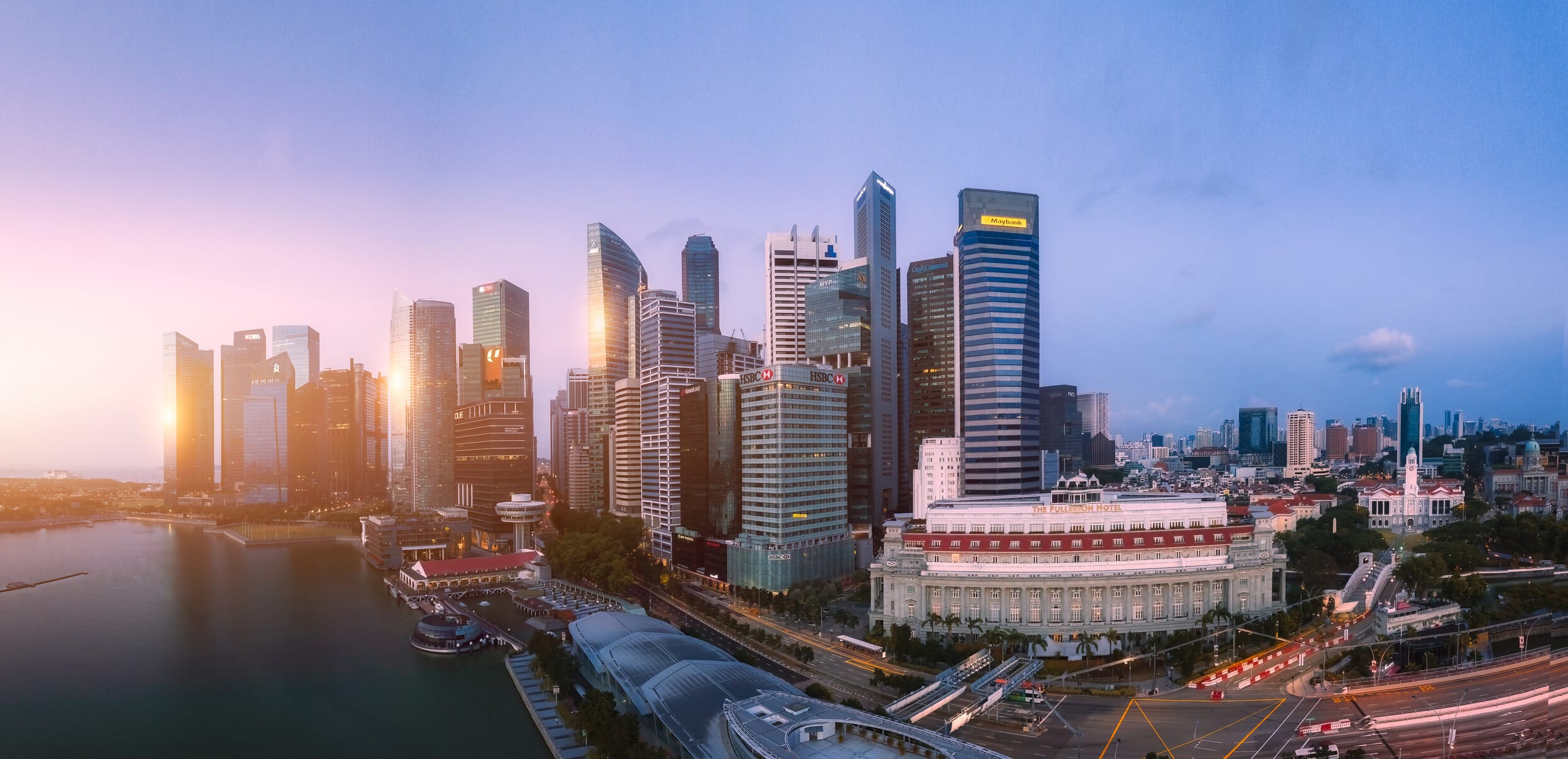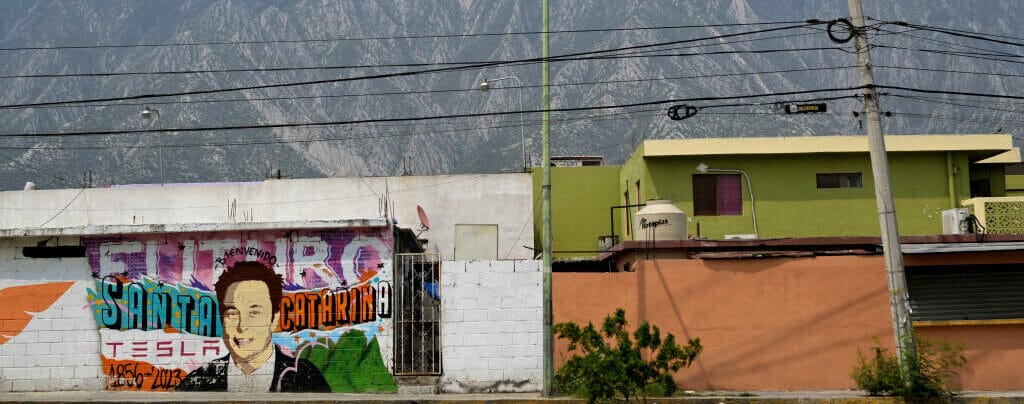News
Indonesia’s critical minerals push

Indonesia’s vast reserves of minerals—particularly nickel, copper, bauxite, and tin —position it as a global leader in the critical minerals market. Recognising the potential of these resources, Indonesia has actively encouraged foreign investment in mineral processing, transforming the country into an attractive destination for international investors racing to secure stable and sustainable sources of critical materials. By mandating domestic processing for minerals such as nickel and bauxite, the Indonesian government has fostered a high-value investment environment that not only enhances its economic standing but also aligns with investors' sustainability agendas, as demand for electric vehicles (EVs) and renewable energy technology continues to surge worldwide.
Indonesia’s key role in global clean energy supply chains
Indonesia’s nickel deposits, the largest globally, are central to the production of EV batteries and renewable energy technology. Indonesia’s unique geographic and strategic position—situated between U.S. and Chinese markets—further strengthens its appeal, allowing Western investors to balance their interests amid global trade dynamics. Jakarta is negotiating a potential Free Trade Agreement (FTA) with the United States, which would provide preferential tax benefits for Indonesian refined nickel under the Inflation Reduction Act, if coming into force next year as planned. If realised, this FTA would mark a significant step for Indonesia, expanding its access to U.S. markets while securing Indonesia’s role as a key supplier in the clean energy supply chain.
Active push for foreign investment in mineral processing
Indonesia’s proactive approach to attracting foreign investment in critical mineral processing is a clear testament to its commitment to sustainable economic growth and building strategic global partnerships. By requiring that minerals like nickel and bauxite be processed domestically, Indonesia has created a high-value investment landscape that encourages foreign companies to establish smelting and refining facilities. This mandate has stimulated a surge in downstream processing, adding value to raw material exports, creating local jobs, and advancing technological development within Indonesia.
Indonesia’s openness to allowing foreign entities to hold significant stakes in these processing facilities demonstrates its strategic dedication to diversifying foreign involvement. This carefully balanced approach fosters geopolitical stability by preventing over-reliance on any single foreign partner and broadens Indonesia’s appeal to foreign investors seeking reliable, sustainable supply chains. Additionally, at present, Indonesia does not impose specific local content requirements for the mineral processing sector, highlighting the government’s commitment to encouraging foreign participation in the industry.
Opportunities and emerging sectors beyond nickel
While nickel is Indonesia’s most prominent critical mineral, the government is also actively promoting investments in copper, tin, and bauxite processing, creating additional opportunities for Western investors. Bauxite, in particular, stands out as a key investment area, with Indonesia ranked as the world’s sixth-largest producer. However, the country’s refining infrastructure for bauxite is still underdeveloped, making it a promising area for foreign investment. This broader approach to mineral development underscores Indonesia’s intent to leverage foreign capital and expertise across the critical minerals sector, ensuring it remains a competitive, diversified player in the global clean energy market.
Sustainability standards and strategic partnerships
Indonesia has made efforts to strengthen environmental governance within its mining sector. Former President Joko Widodo’s administration implemented significant policies to reduce deforestation, pollution, and other environmental impacts associated with extraction and processing activities. These initiatives reflect Indonesia’s awareness of global ESG expectations, making it an increasingly attractive destination for multinational companies subject to strict sustainability regulations like the EU’s Corporate Sustainability Due Diligence Directive. Under Prabowo Subianto presidency, it remains to be seen whether these environmental policies will continue, but the foundation laid by Joko Widodo’s administration has set clear expectations for sustainable operations in Indonesia’s critical minerals sector.
Potential impact of a US-Indonesia Free Trade Agreement
A potential FTA with the United States could serve as a powerful catalyst for increased investment, presenting a unique opportunity for U.S. investors to deepen their involvement in Indonesia’s critical minerals sector. If successful, the FTA would allow Indonesian exports of refined nickel to qualify for U.S. tax credits under the Inflation Reduction Act, creating a pathway for substantial growth in Indonesia’s exports to the U.S. This development would not only bolster Indonesia’s economy but also solidify its critical role within the global clean energy supply chain. The tax incentives offered under the FTA would significantly reduce costs for U.S. companies sourcing Indonesian nickel, giving them a competitive edge and underscoring Indonesia’s significance as a strategic partner in the shift to renewable energy.
This FTA would also allow Indonesia to strengthen its position as a reliable partner to any foreign investors seeking to explore opportunities in critical mineral processing.
The potential trade benefits would support Indonesia’s ambitions to move further up the value chain, encouraging the establishment of EV battery and car manufacturing plants. This forward-looking strategy aligns with Indonesia’s goal to produce 600,000 electric vehicles by 2030, establishing the country as a core player in the global green energy market and enhancing its long-term economic sustainability.
Conclusion
Indonesia’s proactive approach to attracting foreign investment in critical mineral processing underscores its dedication to sustainable growth and strategic global partnerships. By mandating domestic processing of key minerals, fostering a high-value investment environment, and negotiating potential trade agreements, Indonesia has demonstrated its commitment to enhancing its economic standing and sustainability goals. Companies have a unique opportunity to secure reliable mineral supplies and benefit from favourable tax incentives under initiatives like the U.S. Inflation Reduction Act, making Indonesia an increasingly pivotal partner in the clean energy shift.
Indonesia has built a balanced investment framework that attracts international capital while retaining local control over its resources. With the global demand for EVs and renewable energy materials growing rapidly, Indonesia’s critical minerals sector offers investors a promising landscape for long-term, sustainable growth. For those looking to navigate this dynamic market, thorough due diligence and strategic intelligence are essential, and Risk Advisory Group provides the insights and guidance needed to seize investment opportunities while navigating risk.
Photo by Muchtamir ZAIDE / AFP
Newsletter signup
Related Articles

Intelligence delivered ingeniously
Helping key decision makers, make the right commercial decisions

